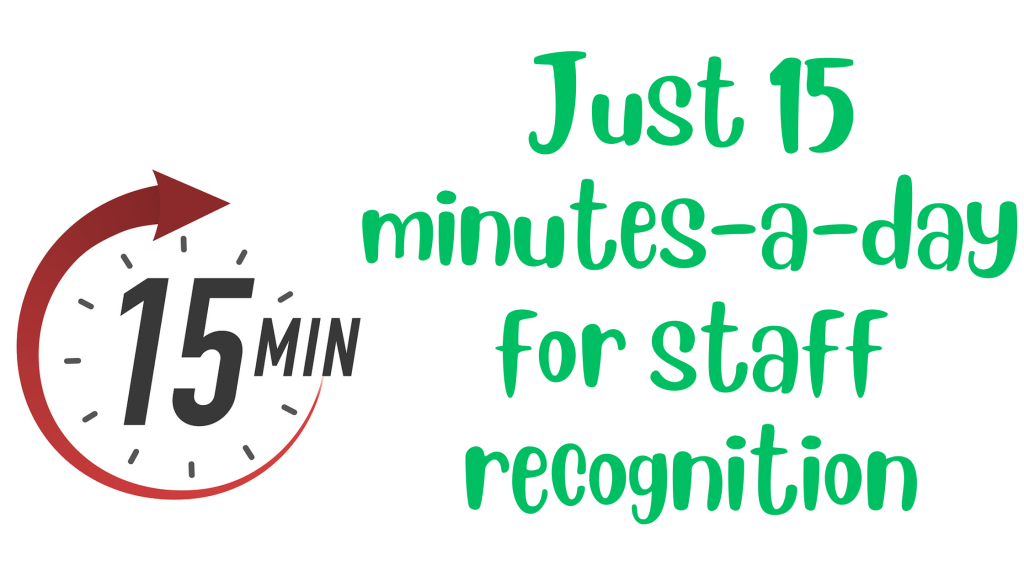
Telemarketers hang up on me within 30 seconds, before even mentioning the product or service they are selling.
Their unsolicited calls often begin with a question: “How are you today?”
Because the caller asks, I assume he must want an answer. So, I tell him.
“Thanks for asking. My back is pretty sore today.”
Click! The telemarketer has hung up on me.
Well, that was just one telemarketer. Surely the next one will want an answer.
“How are you today?” he asked.
“All the better for receiving your call. I was feeling lonely and a bit down.”
Click!
That one gave me an epiphany: telemarketers don’t care.
Under pressure to produce, they don’t have time for conversation. Just a “Fine” or “I’m OK” before they launch into their sales pitch.
For them, “How are you today?“ is just a social convention. They are reading a script, and when we answer with more than one or two words, they don’t know where to go next.
Asking without caring about how people might respond comes up in other encounters we have daily. Whenever we make a purchase or pay for a restaurant meal, we are told to “Have a good day.” The speaker is usually just going through the motions.
Related Article: Has saying thank you become just a habit?
Words without meaning are often what staff experience when being recognized, too. Their leaders drop clues that they are just going through the motions and staff members recognize those clues:
- The message is generic. Everyone hears the same words or receives the same letter of commendation.
- The recognition is impersonal. Recognition usually occurs in groups, rather than individually. The focus is on events, rather than day-to-day recognition.
- The person making the presentation doesn’t know the person being recognized, can’t pronounce their name, doesn’t know what they did or understand why it is important.
- The person doing the recognition lays it on too thick, as if they hope that among the many platitudes there will be at least one that fits the circumstance.
- There appears to be no relationship between the words of appreciation and anything the recipient did.
Attend an event to mark service anniversaries and someone will stand at the front of a room filled with people who have remained with the same employer for five, 10, 15 years or more, to speak about how valuable everyone is to the organization.
“We really appreciate you and your dedication to ABC Corp. You all work so hard and produce such great work.”
Those are the same words that have been spoken thousands of times to thousands of other employees in thousands of organizations.
Scanning the room, you’ll see people who are loyal to the organization, who work hard every day and produce terrific results. But then there are others. They feel no attachment to their employer, never work particularly hard and are responsible for shoddy outcomes.
All that everyone in the room has in common is survival. Over the past five years, they haven’t quit, they didn’t die, and they avoided being fired.
The speakers don’t seem to care about the differences in people’s commitment and productivity. They might care that the people who stay saved them the resources they’d need to invest to recruit their replacements.
For recognition to be meaningful, you must care about people and what they do. You must know staff members as people and value them as individuals.
When you are seen as caring, the recognition you provide will be perceived as Genuine, the one essential ingredient of GREAT staff recognition.
Including two other ingredients will be interpreted as evidence that you care.
Recognition that is Explicit shows you are paying attention to what people are doing. You can be specific when describing the performance you appreciate.
Before you can recognize people in Appropriate ways you need to know them well enough to understand what is important to them. How you recognize them should reflect their interests and what’s important to them and respect their preference for recognition that is public or private.
Leaders who care about staff members as individuals don’t rely on generic, one-size-fits-all techniques and trinkets. They don’t send “Dear Occupant” letters that obviously convey the same cliche-filled message to everyone. They don’t host events where everyone is praised equally.
Whenever you read a book filled with staff recognition tips, tools and techniques, such as Thanks, Again!, realize that not all the suggestions will be right for you and your circumstances. Identify the ones you can adopt or adapt as Appropriate ways to recognize staff members you care about. Avoid others that would not be Appropriate for your workplace and staff.
Because they don’t care about us, telemarketers will hang up on us when we tell them how we are really feeling.
When staff believe leaders don’t care about them, they will “hang up” on them, too. When all recognition is generic, staff will conclude, “They don’t know me and they don’t know what I do.”
When staff members believe that their leaders know who they are, care about them and understand what they do, they will be more engaged in their work and less likely to leave. Staff members will feel they are where they belong when they feel their leaders care about them as individuals.
==
Thanks, Again! Is available at Audreys Books, 10702 Jasper Ave., Edmonton (and on their website) and online from Amazon, Indigo, FriesenPress Bookstore, Barnes & Noble and from the Apple Books app.


